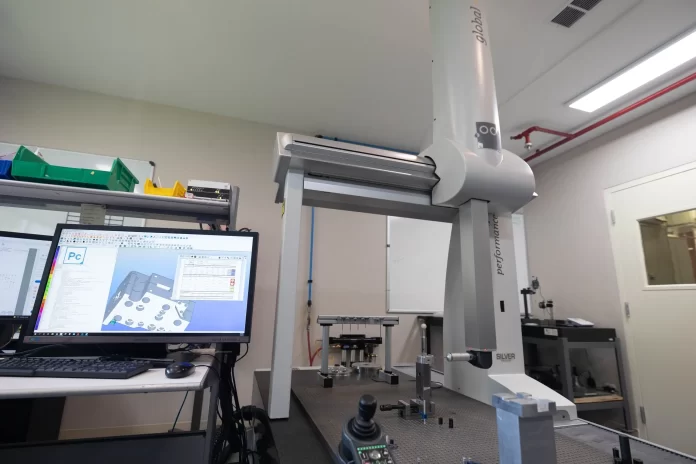In the dynamic landscape of modern production, cost-efficiency is not just a goal; it’s a necessity. Precision manufacturing, backed by cutting-edge technology and unmatched expertise, plays a pivotal role in achieving this goal. It’s a fusion of art and science that not only produces top-quality components but also contributes to substantial cost savings.
The Power of CNC Machines
Precision manufacturing revolves around the use of advanced machinery and techniques to create components with microscopic accuracy. At the heart of this process are Computer Numerical Control (CNC) machines. These marvels of technology read complex Computer-Aided Design (CAD) models and translate them into intricate components with tolerances measured in micrometers. The ability to produce components with such precision is a game-changer for cost-efficiency.
Materials: Tailored for Efficiency
Beyond advanced machinery, precision manufacturing hinges on the choice of materials. The ability to work with a wide array of materials, from metals to plastics, ensures that each component is tailored to meet precise requirements. Material properties are fine-tuned to deliver the ideal combination of strength, weight, and durability. This means that manufacturers can use the least amount of material required, reducing costs and waste.
Quality Control: Flawlessness is Key
Quality control is the watchful eye of precision manufacturing. It’s not just about producing components but producing them flawlessly. Rigorous quality checks occur at multiple stages, starting from material inspection and continuing throughout the entire manufacturing process. Advanced technology comes into play here, with precision measuring tools, robotic inspection systems, and real-time data analysis ensuring that each component adheres to strict tolerances. Any deviation from specifications is instantly detected, guaranteeing that only flawless components make it to the final product.
Digital Precision: CAD and CAM Software
The use of technology extends to the digital realm with Computer-Aided Design (CAD) and Computer-Aided Manufacturing (CAM) software. These powerful tools allow engineers to create intricate 3D models, providing the foundation for CNC machining. They not only facilitate precise planning but also simulation, ensuring that the end product mirrors the initial design with impeccable accuracy.
The Automation Advantage
The synergy of automation and precision manufacturing is the epitome of cost-efficiency. Automated systems, from robotic arms to conveyor belts, work seamlessly with CNC machines, reducing human error and accelerating the manufacturing process. Automation is not only efficient but also precise. It ensures that each component is crafted with consistent accuracy, contributing to overall cost savings.
Aerospace: Where Safety Requires Precision
Industries ranging from aerospace to healthcare rely on precision manufacturing to save lives and enhance performance. In aerospace, technology is not just a luxury; it’s the foundation of safety. Aircraft and spacecraft components must operate flawlessly in demanding conditions, and precision manufacturing ensures that.
Healthcare: Precision for Well-Being
In healthcare, precision components are the unsung heroes of life-saving medical devices. Devices like pacemakers and diagnostic instruments rely on these components for accuracy and reliability, which are vital for patient well-being.
Electronics: Powering the Digital World
The electronics industry, where miniaturization and accuracy reign supreme, also benefits significantly from precision manufacturing. Precision components power the digital world, enabling the development of smaller, more capable electronic devices. This, in turn, contributes to cost-efficiency and innovation in the industry.
Automotive: Enhancing Efficiency
The automotive sector, in its relentless pursuit of innovation, relies on precision manufacturing to enhance vehicle safety, fuel efficiency, and overall performance. Precision components, from engine parts to intricate electronic systems, are at the core of modernizing the automotive sector. These components ensure that vehicles meet the highest standards of quality while staying cost-efficient.
In Conclusion: The Future of Efficiency
In conclusion, precision manufacturing is not just about creating components; it’s about creating the future. It’s a combination of advanced machinery, material science, quality control, and automation that plays a pivotal role in driving cost-efficiency in production. You can rely on Shamrock Precision to meet the highest standards of accuracy and reliability while ensuring that their products are cost-efficient.





